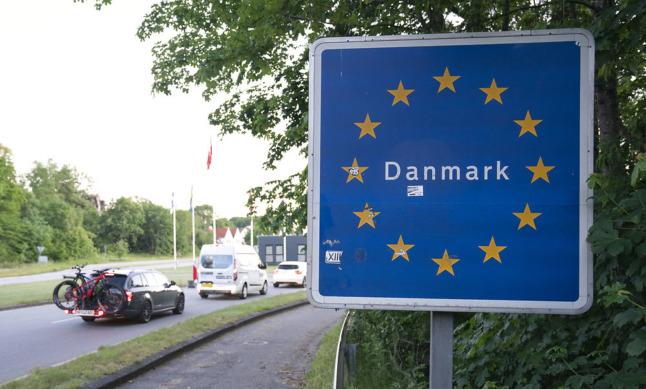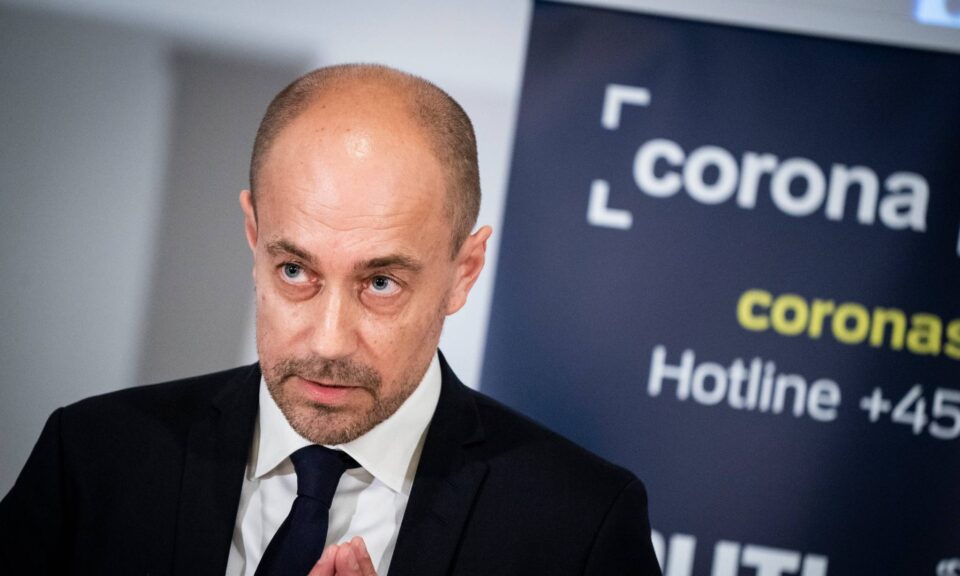From 10 September, Covid-19 will no longer be considered a socially critical disease in Denmark.
The government has decided that, writes the Ministry of Health in a press release.
All restrictions from the same date. September 10 will thus be the end of 18 months of corona restrictions in Denmark. At the same time, the automatic parish closures will also be a thing of the past.
It was first introduced at the press conference on 11 March, as many Danes probably remember, when Prime Minister Mette Frederiksen (S) shut down large parts of society.
“High Record” vaccine intake. The decision that corona should no longer be seen as a socially critical disease is due to the fact that vaccine adherence in Denmark is “record high” and that the epidemic is under control, says Minister of Health Magnus Heunicke (S)
Therefore, on September 10, we can drop some of the special rules we have had to introduce in the fight against covid-19, he says in the announcement.
The government has promised not to hold on to the measures longer than was necessary, and there we are now. But even though we are in a good place right now, we are not out of the epidemic. And the government will not hesitate to act quickly if the pandemic again threatens important functions in our society.
The government has consulted with the professional reference group and on that basis made the decision.
At the same time, the government has been under political pressure from a majority in the Folketing outside the government, which has wanted corona to no longer be a socially critical disease. Among other things, to get rid of the automatic parish closures.
The automatic shutdowns are simply overreactions. I think we need to get rid of them as soon as possible, because they have some very unfortunate consequences for a lot of people, said Per Larsen, health spokesman for the Conservatives, to DR News three days ago.
Goodbye to restrictions When covid-19 is no longer considered a socially critical disease, it means that the basis for the special rules that politicians and authorities have introduced during the pandemic will cease.

It also means that the few restrictions it was decided there should still be after September 10 will be canceled.
This applies to a requirement for coronapas at larger events and in the nightlife, the ministry writes. The last restrictions should have been in place until October 1st.
The categorization of covid-19 as a socially critical disease was due to expire on 10 September, and one should therefore have politically chosen to extend it in order to maintain powers for restrictions and parish closures.



